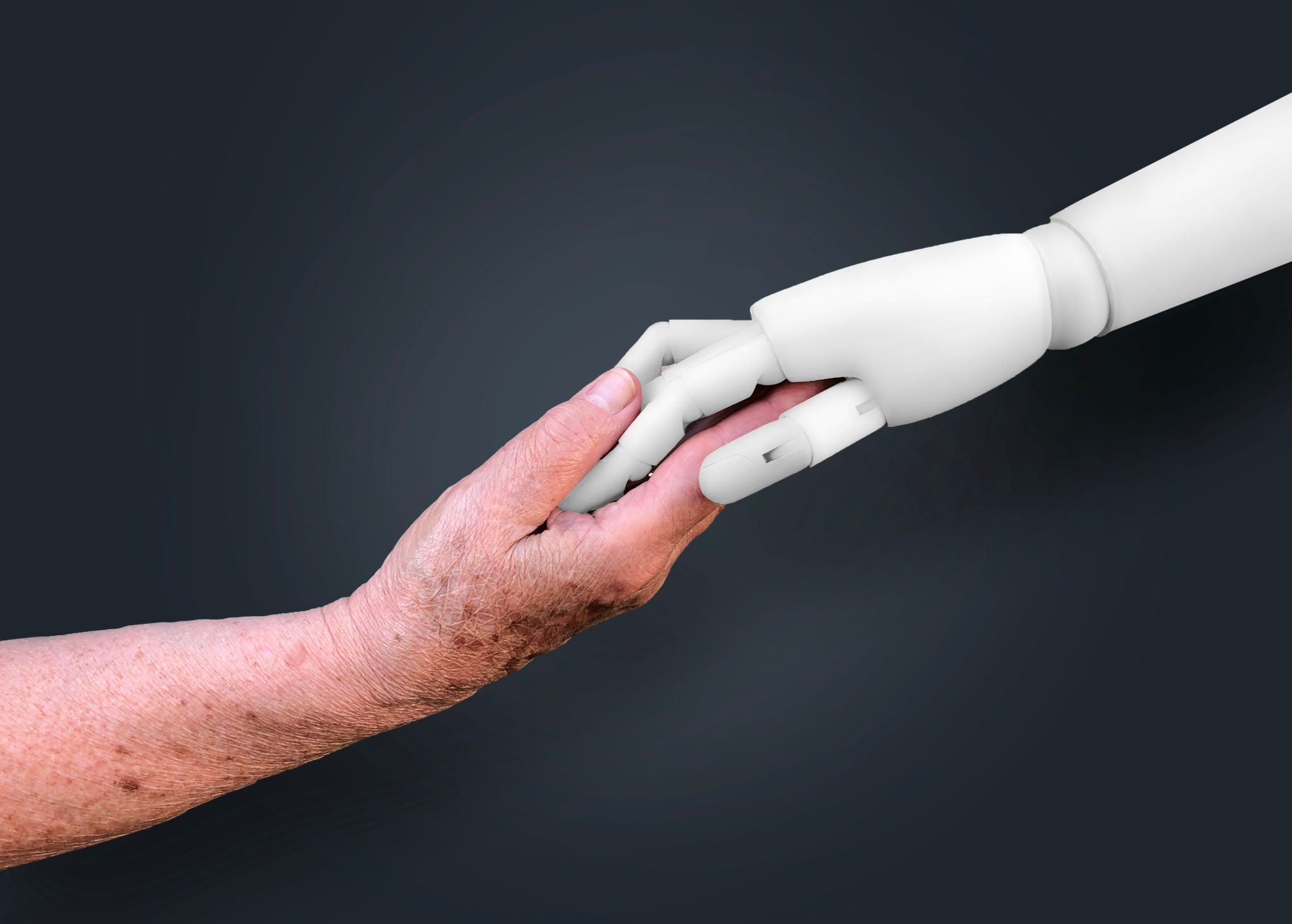The Future of Elderly Care Services Post-Pandemic: What to Expect
Introduction to Elderly Care Post-Pandemic
The COVID-19 pandemic has reshaped many aspects of our lives, and the elderly care sector is no exception. As we transition into a post-pandemic era, it’s crucial to explore how elderly care services will evolve. The pandemic has highlighted vulnerabilities in the system, but it has also accelerated innovation and prompted necessary changes.
The future of elderly care is set to be more resilient, adaptable, and centered around the needs and preferences of seniors. This transformation is driven by technological advancements, a greater focus on mental health, and a shift towards more personalized care solutions.

Embracing Technology in Elderly Care
One of the most significant changes in elderly care services is the increased adoption of technology. Telehealth has become a staple, allowing seniors to access medical consultations from the comfort of their homes. This trend is likely to continue, with more healthcare providers integrating telemedicine into their services.
In addition to telehealth, wearable technology is gaining traction. Devices that monitor vital signs and physical activity can provide caregivers with real-time data, ensuring timely interventions if necessary. This technology not only promotes independence but also enhances safety for seniors.
Robotics and Automation
Robots and automated systems are also making their way into elderly care facilities. From robotic assistants that help with daily tasks to automated medication dispensers, these innovations aim to reduce the burden on caregivers while improving the quality of life for seniors.

The Rise of Personalized Care
As the demand for personalized care grows, service providers are focusing on tailoring their offerings to meet individual needs. Personalized care plans are being developed to consider not just physical health but also emotional and social well-being. This holistic approach ensures a more comprehensive support system for seniors.
Family involvement is becoming a key component of personalized care. Many service providers are implementing platforms that allow family members to stay connected with their loved ones’ care plans, offering peace of mind and fostering stronger family bonds.
Mental Health and Well-being
The pandemic has underscored the importance of mental health, particularly among the elderly who may experience isolation or loneliness. As a result, there is an increased focus on mental health services within elderly care. Facilities are introducing more activities and therapies aimed at boosting mental well-being.

Additionally, community engagement programs are being developed to help seniors stay connected with their peers and communities. These programs play a crucial role in combating loneliness and promoting a sense of belonging.
Conclusion: A New Era of Elderly Care
The post-pandemic future of elderly care services holds great promise. With a focus on technological integration, personalized care, and mental health support, the sector is poised to offer better services that cater to the evolving needs of seniors. As these changes unfold, it's essential for caregivers, families, and policymakers to collaborate in creating a more inclusive and supportive environment for our aging population.
